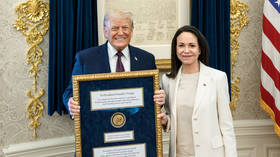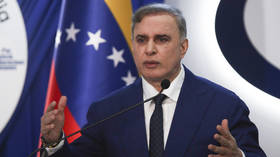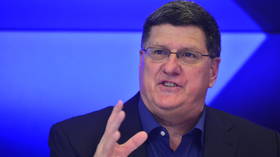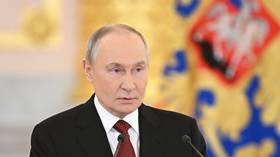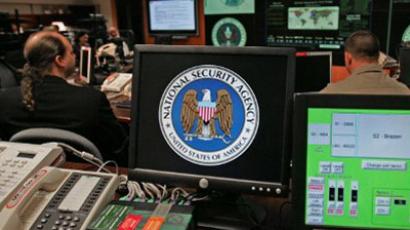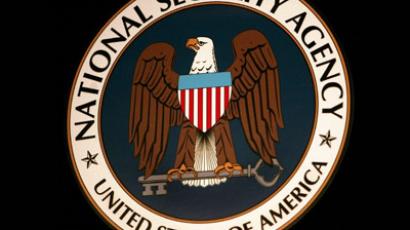NSA whistleblowers: Government spying on every single American
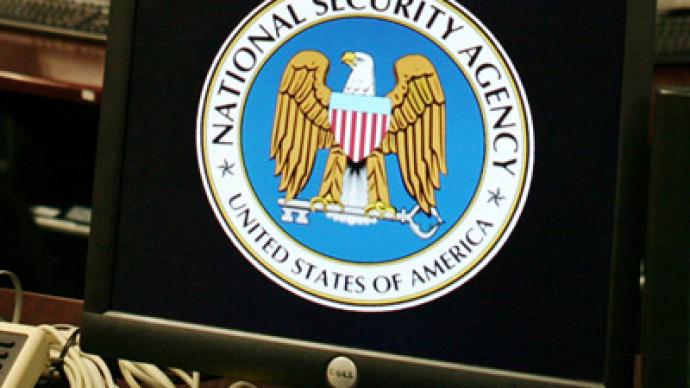
The TSA, DHS and countless other security agencies have been established to keep America safe from terrorist attacks in post-9/11 America. How far beyond that does the feds’ reach really go, though?
The attacks September 11, 2001, were instrumental in enabling the US government to establish counterterrorism agencies to prevent future tragedies. Some officials say that they haven’t stopped there, though, and are spying on everyone in America — all in the name of national security.Testimonies delivered in recent weeks by former employees of the National Security Agency suggest that the US government is granting itself surveillance powers far beyond what most Americans consider the proper role of the federal government.In an interview broadcast on Current TV’s “Viewpoint” program on Monday, former NSA Technical Director William Binney commented on the government’s policy of blanket surveillance, alongside colleagues Thomas Drake and Kirk Wiebe, the agency's respective former Senior Official and Senior Analyst.The interview comes on the heels of a series of speeches given by Binney, who has quickly become better known for his whistleblowing than his work with the NSA. In their latest appearance this week, though, the three former staffers suggested that America’s spy program is much more dangerous than it seems.In an interview with “Viewpoint” host Eliot Spitzer, Drake said there was a “key decision made shortly after 9/11, which began to rapidly turn the United States of America into the equivalent of a foreign nation for dragnet blanket electronic surveillance.”These powers have previously defended by claims of national security necessity, but Drake says that it doesn’t stop there. He warns that the government is giving itself the power to gather intel on every American that could be used in future prosecutions unrelated to terrorism.“When you open up the Pandora’s Box of just getting access to incredible amounts of data, for people that have no reason to be put under suspicion, no reason to have done anything wrong, and just collect all that for potential future use or even current use, it opens up a real danger — and to what else what they could use that data for, particularly when it’s all being hidden behind the mantle of national security,” Drake said.Although Drake’s accusations seem astounding, they corroborate allegations made by Binney only a week earlier. Speaking at the Hackers On Planet Earth conference in New York City earlier this month, Binney addressed a room of thousands about the NSA’s domestic spying efforts. But in a candid interview with journalist Geoff Shively during HOPE, the ex-NSA official candidly revealed the full extent of the surveillance program.“Domestically, they're pulling together all the data about virtually every U.S. citizen in the country and assembling that information, building communities that you have relationships with, and knowledge about you; what your activities are; what you're doing. So the government is accumulating that kind of information about every individual person and it's a very dangerous process,” Binney said.Drake and Binney’s statements follow the revelation that law enforcement officers collected cell phone records on 1.3 million Americans in 2011. More news articles are emerging every day suggesting that the surveillance of Americans — off-the-radar and under wraps — is growing at an exponential rate.




